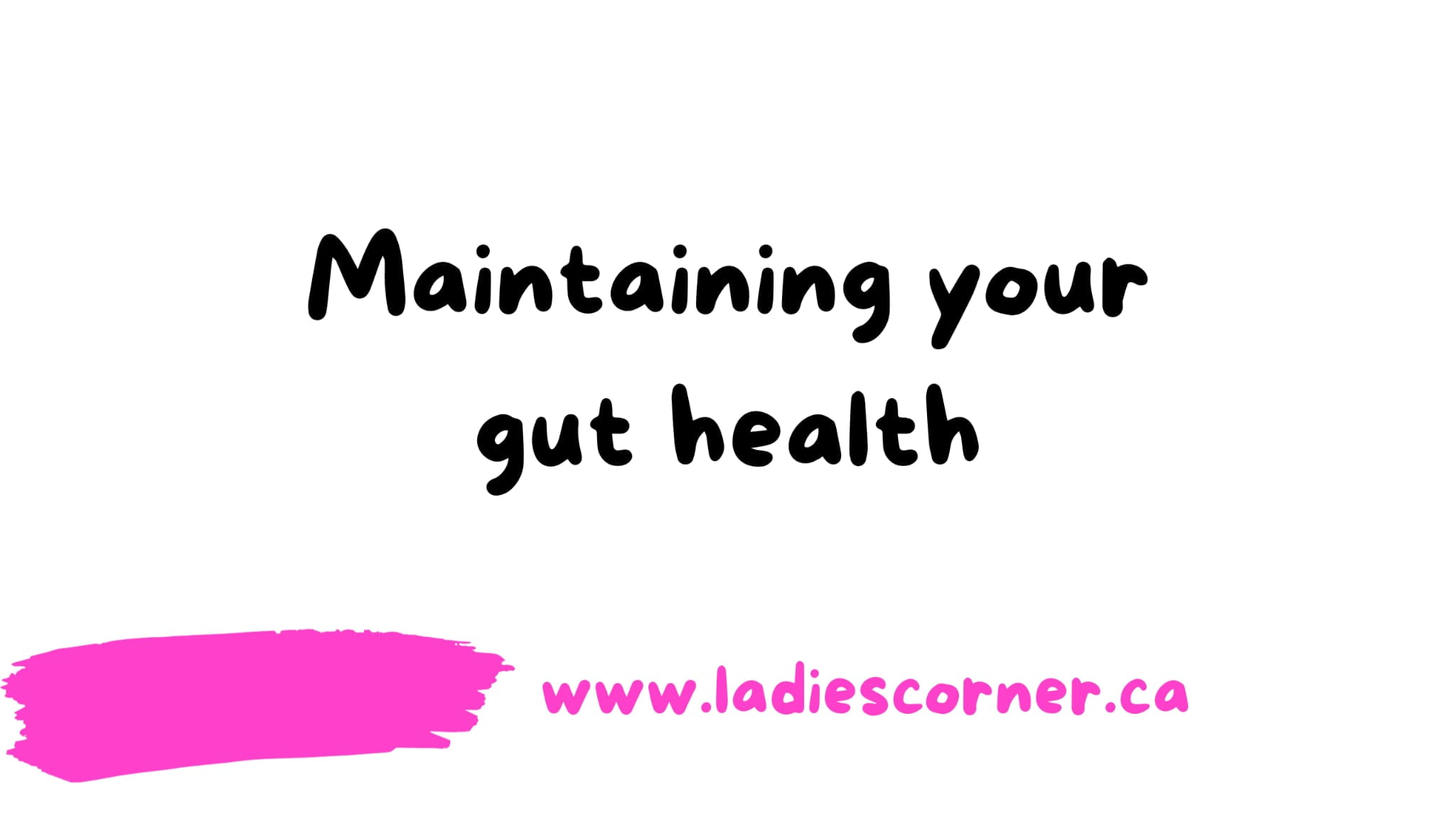
Maintaining your Gut health
Gut health” refers to the function and balance of bacteria in the many parts of the gastrointestinal tract. Ideally, organs such as the esophagus, stomach, and intestines all work together to allow us to eat and digest food without discomfort. But gut health goes beyond just digestion”.
Here are some key aspects:
Microbiome Balance: The gut microbiome is a community of trillions of bacteria and other microorganisms residing in your intestinal tract. These microbes play a crucial role in digestion, and immune function, and even influence mood and mental health.
Effective Digestion and Absorption: A healthy gut efficiently breaks down food, absorbs nutrients, and eliminates waste.
Barrier Function: The gut lining acts as a barrier to prevent harmful substances from entering the bloodstream.
Immune Function: A significant portion of the immune system is located in the gut. A healthy gut communicates with immune cells to help regulate immune responses.
Neurological Function: The gut is often called the “second brain” due to its direct communication with the brain through the gut-brain axis. This relationship means that gut health can impact mental health, influencing conditions like anxiety and depression.
Maintaining gut health involves a balance of healthy diet, regular exercise, stress management, and avoiding factors that disrupt gut function, like excessive antibiotic use or high intake of processed foods. Understanding and caring for your gut health is vital to overall well-being.
Maintaining good gut health is essential for overall well-being. Here are some key points to consider:
Balanced Diet: Consuming a variety of foods, especially high in fibre like fruits, vegetables, and whole grains, supports a healthy gut. Fermented foods like yogurt, kefir, and sauerkraut can also be beneficial due to their probiotic content.
Stay Hydrated: Drinking plenty of water has been shown to have a beneficial effect on the mucosal lining of the intestines and the balance of good bacteria in the gut.
Regular Exercise: Physical activity can enhance the diversity of gut bacteria, which is beneficial for gut health.
Avoid Overuse of Antibiotics: Antibiotics can disrupt the gut microbiome. They should be used only when necessary and as prescribed by a healthcare professional.
Manage Stress: Chronic stress can negatively impact gut health. Mindfulness, meditation, and adequate sleep can help manage and reduce stress.
Limit Processed Foods: High intake of processed foods and sugar can damage the gut microbiome, decreasing the diversity of gut bacteria.
Consider Probiotics and Prebiotics: Probiotics are beneficial bacteria, while prebiotics are food for these bacteria. Including them in your diet can improve gut health.
Moderate Alcohol Consumption: Excessive alcohol consumption can harm your gut lining, leading to issues like leaky gut syndrome.
Remember, individual dietary needs can vary, so it’s always a good idea to consult with a healthcare provider or a nutritionist for personalized advice.



